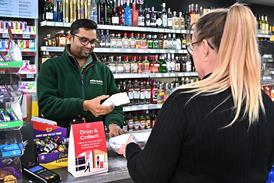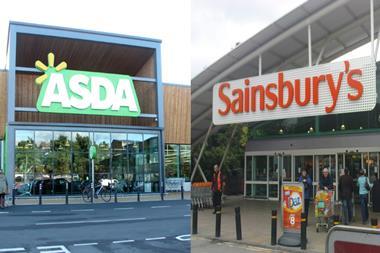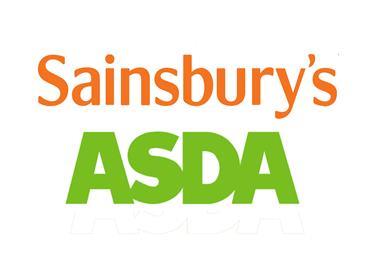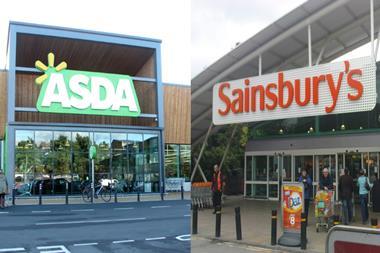Sainsbury’s confirms plans to merge with rival Asda

Sainsbury’s has confirmed its intention to merge with supermarket rival Asda.
The deal, subject to CMA and shareholder approval, would see price cuts of up to 10%
ALREADY HAVE A REGISTERED USER ACCOUNT? PLEASE LOG IN HERE
To read the full story join the ConvenienceStore.co.uk community today!
Registration is quick and easy and provides access to:
- Unlimited ConvenienceStore.co.uk articles
- Our great range of newsletters
- Content you’ve saved for later via the ‘my library’ feature
And much more…































